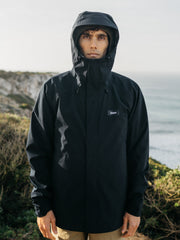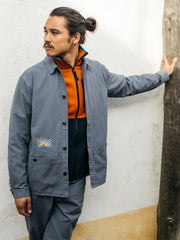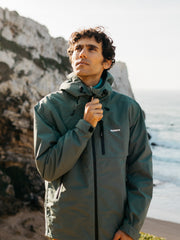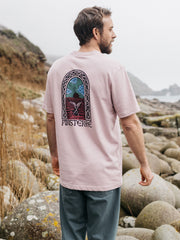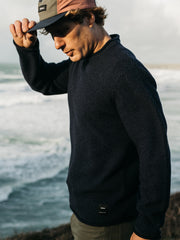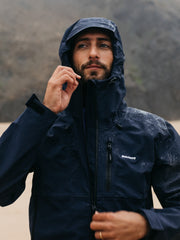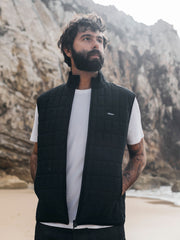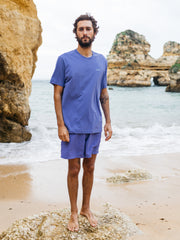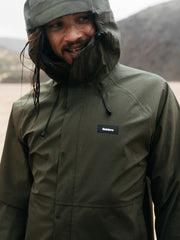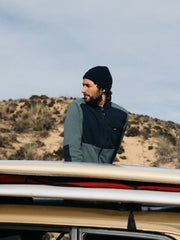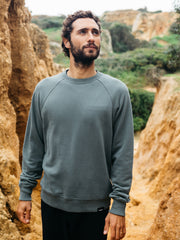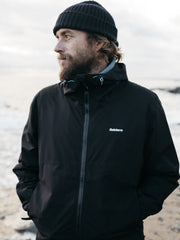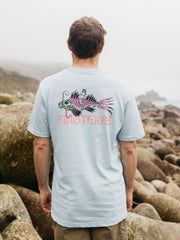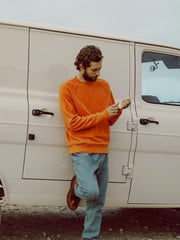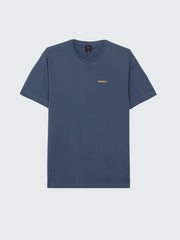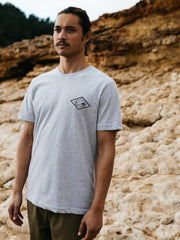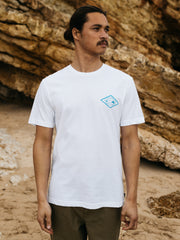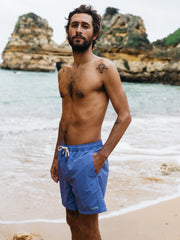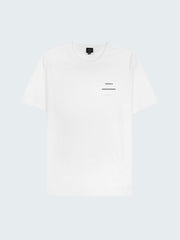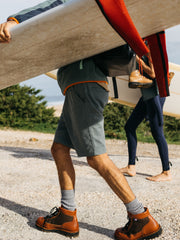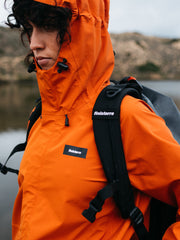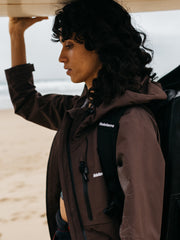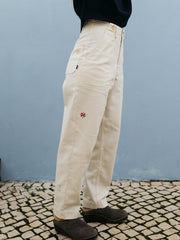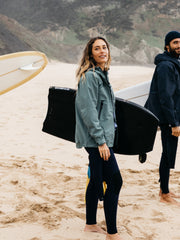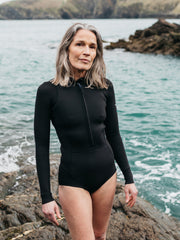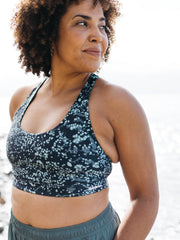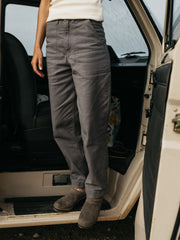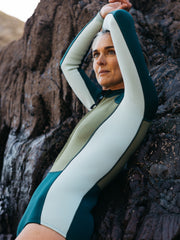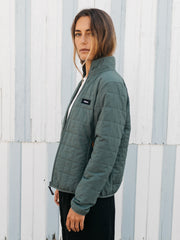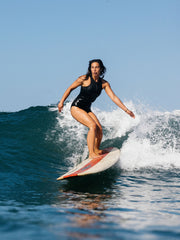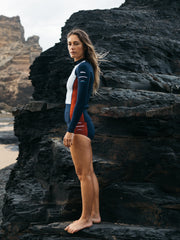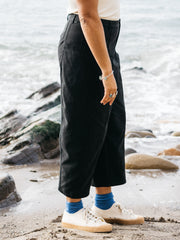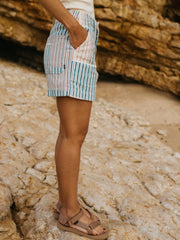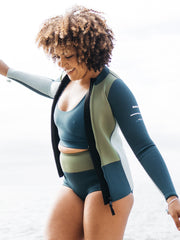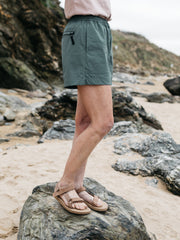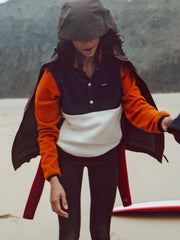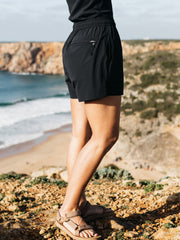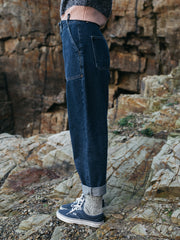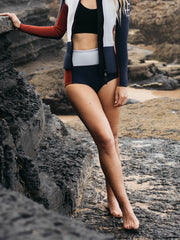As overtly aggressive as this interaction was, for Anton, a cis white male, the question remained - how did this surfer even know he was gay? “I’d first got into the sea earlier that day with my friend, who identifies as straight”, he explains, “As my friend was new to surfing, I had been helping him earlier and hugged him after catching his first wave in celebration. Was this a gay act? Did the surfer even know I was gay? I was so caught out by it that I had nothing to say, so I simply paddled in and haven’t been back to that particular beach since.”
As hard as these stories are to hear, and as difficult as it may be for some to accept that this is still a real issue in 2023, that is the reality faced by many LGBTQIA+ surfers. It’s interactions like those described here by Tia and Anton which show how important it is to confront and call out this behaviour when we see it.
It’s why organisations like Queer Surf Club exist, why we’re proud to have supported them through our Pride campaign, and why we’ll continue to shine a light on these stories throughout the year, to be better allies to the LGBTQIA+ community.


